A substance will only take effect if it can be absorbed by the body, so bioavailability is the key to creating a supplement that delivers proven benefits.
Bioavailability is a measure of how much a substance is able to access the circulation and reach the target area, and it depends on absorption (how much we get it) and secretion (how much we get out).
Nutritional scientists are well aware of the importance of bioavailability. For example, when you eat, the food is taken into your digestive system. Useful nutrients are then absorbed into your bloodstream and are either stored or used by your cells. However, because your body is not perfectly efficient, not all the nutrient molecules will be absorbed: some are destroyed in the stomach and intestines, some are excreted back, and some simply just don’t go inside the cells.
Macronutrients such as carbs and fats are highly bioavailable, but the beneficial micronutrients commonly sold as supplements – vitamins, minerals, flavonoids and carotenoids – can sometimes be harder to absorb by the body.
Can bioavailability be increased?
Administering a substance directly into the bloodstream (for example, via a drip) ensures that it will have the full effect. In this case, we have 100% bioavailability.
Other methods, such as taking a tablet orally, are less intrusive but also less effective, as we mentioned above. Stomach acid, for example, can destroy beneficial substances before they reach the bloodstream. Or gut disorders, such as inflammation, can affect how well your body can absorb many nutrients. In these cases, it is important to improve nutrient bioavailability to increase absorption and effectiveness.
Supplements can offer a way to supplement micronutrient intake, but micronutrients still need to reach the bloodstream and be absorbed by the body. Choosing a highly bioavailable supplement increases the chances of your body taking in the necessary nutrients and helps you to stay healthy.
Bioavailability in supplements can be affected by a whole variety of factors, including:
- The formulation of the supplement - some nutrient forms are better absorbed than others
- The delivery method - for example, in some cases capsules are more effective than tablets
- Composition of your meal - fat-soluble nutrients (such as vitamin D, for example) are better absorbed when taken with a meal, as it will contain some fat, that will help with the absorption
- Interactions with other substances in your system - for example, calcium supplements make absorption of iron more difficult, so it is important to wait two hours between taking calcium and iron
- Gastrointestinal health - for example, poor gastric acid secretion affects absorption of vitamin B12. Gut inflammation can affect absorption of nutrients such as folate.
How do bioavailable supplements work?
Supplements that are formulated to have high bioavailability will be more effective, as they will help the body to absorb more of the appropriate nutrient, without having to take higher doses. There are multiple methods to increase bioavailability of active ingredients, but most of them will focus on increasing absorption rather than decreasing secretion. Here are just a few examples.
Curcumin
Curcumin, the active ingredient in turmeric, is more easily absorbed when ingested with an oil or fat. This is because curcumin is practically insoluble in water, and combining it with fat makes it easier for the body to absorb.
Lycopene
Lycopene is a carotenoid most commonly found in the skin of tomatoes. When taken in supplement form, it can form aggregates which will make it difficult for the body to absorb, unless combined with something else, such as whey protein.
Magnesium
Magnesium is an essential mineral that plays a key role in hundreds of bodily processes. We need a substantial amount of magnesium, but many of us don’t get enough through our diet. To make up for this, many magnesium supplements include high levels of magnesium oxide to ensure that people absorb enough to make a difference. However, this can have unpleasant side effects such as diarrhoea and constipation.
A supplement that uses a bioavailable magnesium form, such as magnesium lactate and bisglycinate, ensures that the body can absorb the optimum amount of the mineral without requiring a large dose. This helps people to get the advantages of magnesium without the side effects.







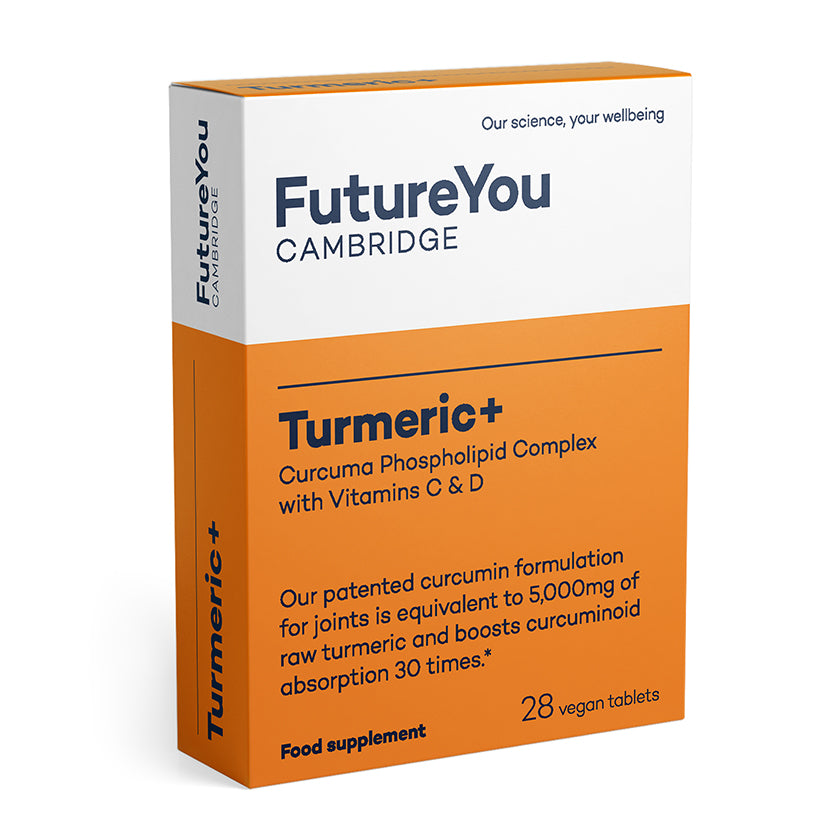
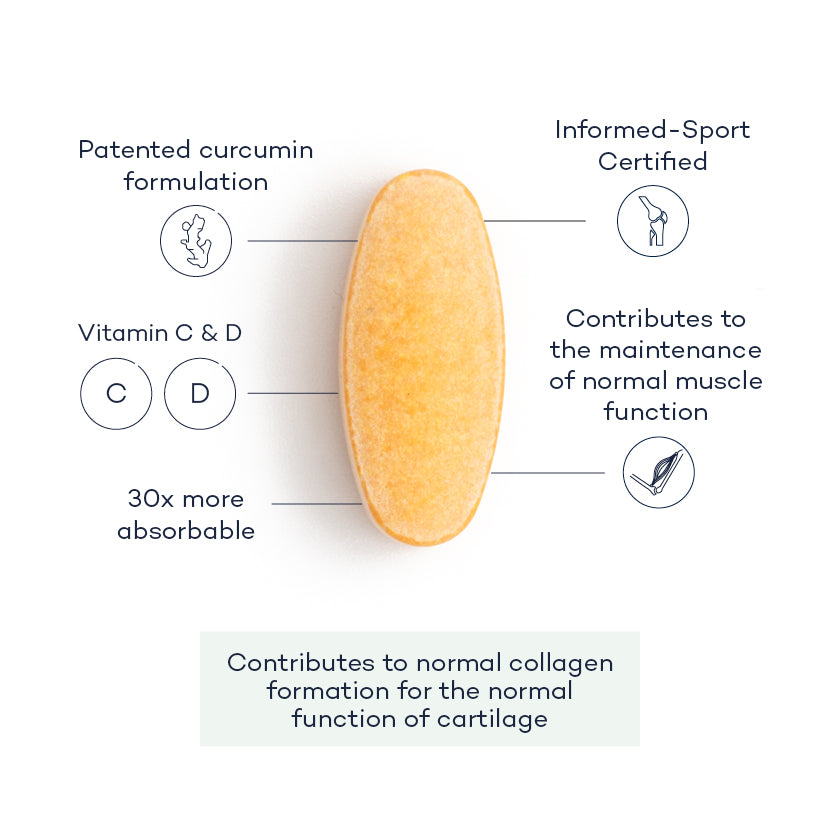
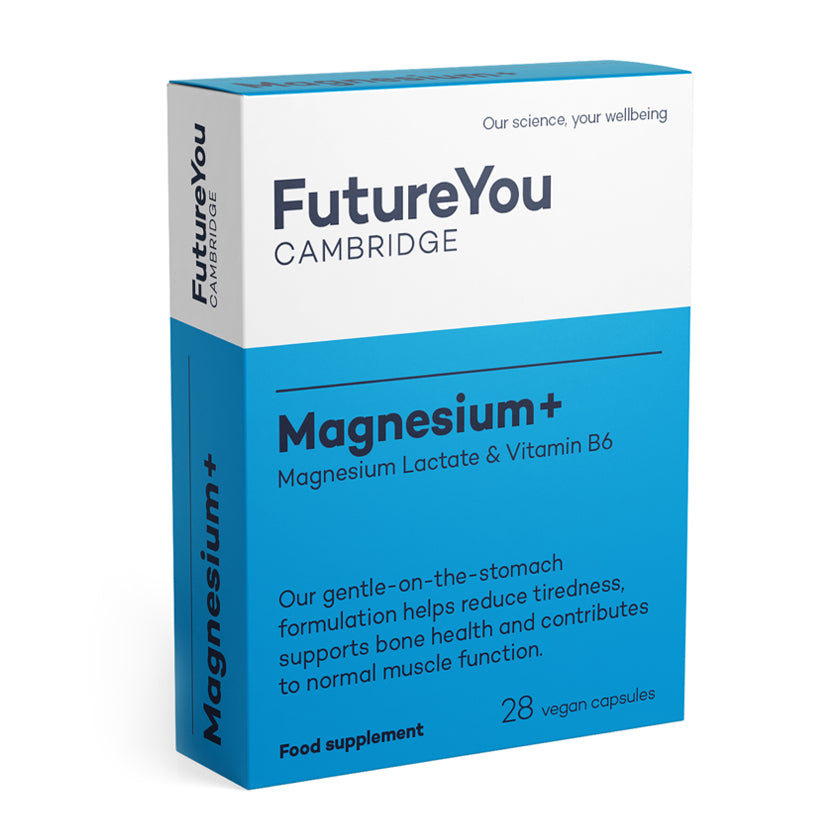
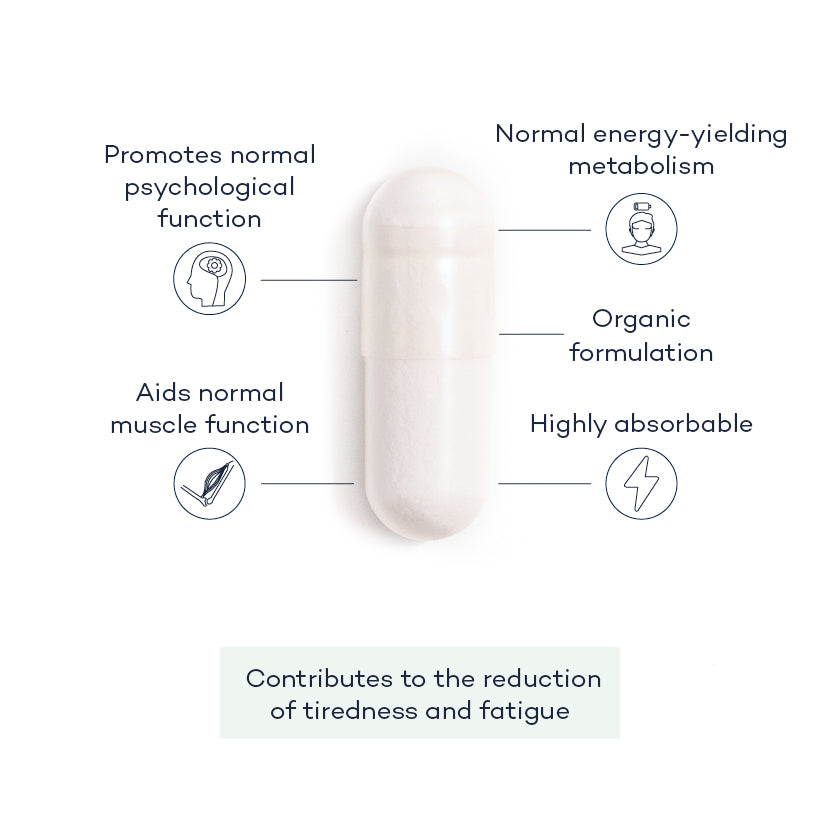
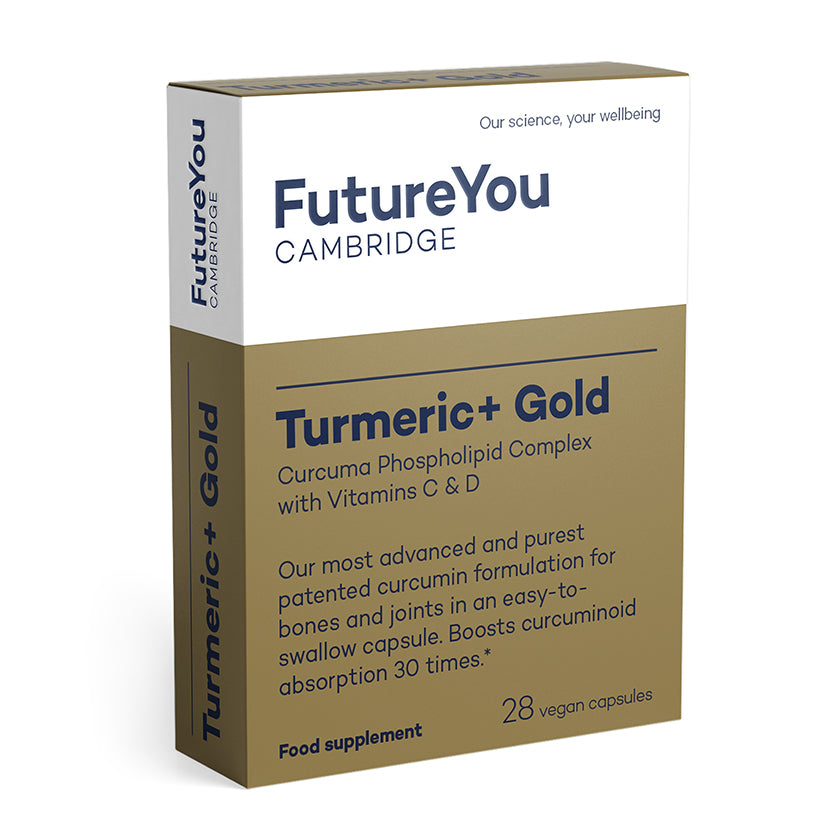
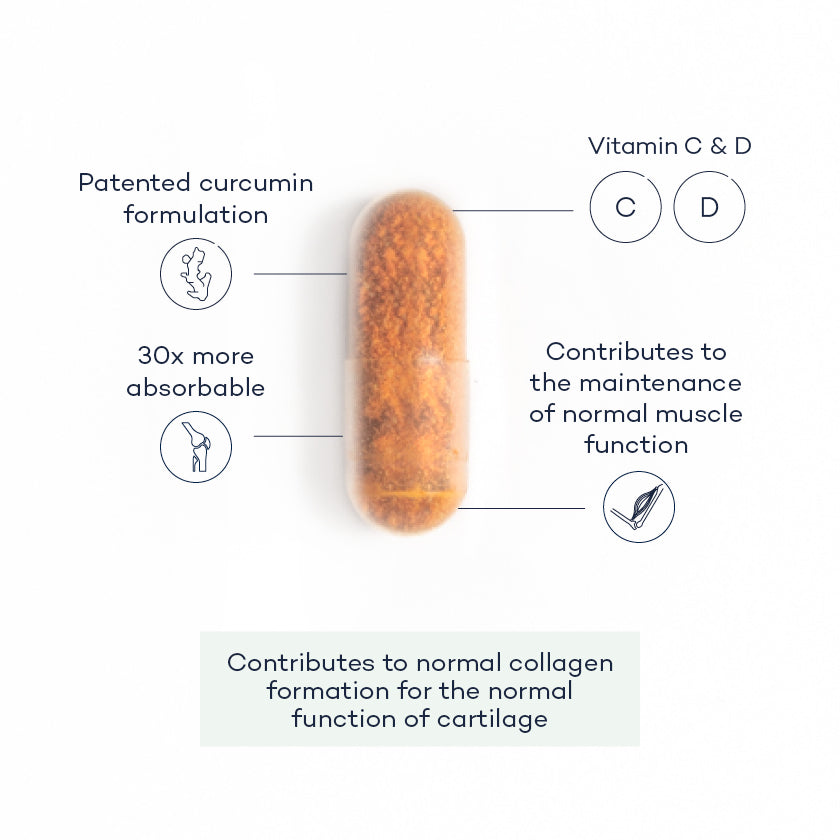
Leave a comment
All comments are moderated before being published.
This site is protected by hCaptcha and the hCaptcha Privacy Policy and Terms of Service apply.